“My Differences Should Not Be Corrected, They Should be Tolerated”
September 27, 2021
School provides a smorgasbord of challenges for any student but this can be especially difficult for neurodivergent students, like myself. It’s a hard thing for others to truly understand someone else’s mind, the how and why actions are carried out. This is especially difficult when someone who is neurotypical (someone without autism, ADHD, Dyslexia, or another atypical diagnosis) tries to understand someone who is neurodivergent (someone with an autism ADHD, Dyslexia, or another atypical diagnosis). I believe that it is important to make the attempt to understand others in and out of the classroom setting. Many people get diagnosed early on in life, around preschool or Kindergarten, but some may be diagnosed later in life.
When you’re facing a disability that isn’t always visible to others it’s straining to try and explain the “why” of your actions. These difficulties can show up when it comes to focusing, effort into schoolwork, fidgeting, and a whole other onslaught of issues. This also became harder for some when the school moved digital. Self-regulation became difficult for some when students lost their structured environment which led to a decline in the quality of their work. For others, the ability to change their working environment and eliminate distractions made it easier for them to complete their work. The school’s autist support teacher, Mrs. Cremonese, identified that “the constant changes and rigor of some topics” raises challenges for some students while she also sees that “when the students are on the high functioning end of the spectrum, oftentimes people forget they have a difference and this can cause people to just expect from them.” Because of this, some students have a harder time adjusting both in and out of the classroom. This can sometimes be helped with the use of Stim Toys or Fidget Toys!
I believe many of our teachers do very well when it comes to supporting their neurodivergent students, however, it’s imperative to know your students on an individual level since many students have different deficits in different areas. Mrs. Richards, the school psychologist, stated, “something I do find to be helpful is to know your audience. Take time to get to know your students; this is not a waste of instructional time. Let them show or tell you what they need from you as a teacher. Once you know your audience, you can better read and respond in a more appropriate fashion.” Students and teachers are able to pay special attention to the small details that can make education easier for disabled students. Something to keep in mind by Mrs. Richards is that “neurodivergent students may differ in the way they see and approach the world at large, yet they have the same needs as typically developing students. To be respected, cared for, treated with kindness, seen, and included. Not everyone is afforded the privilege of having an able body or mind. Having a disability is not a choice and can present life-long obstacles. It is best not to make assumptions about what someone can or cannot do, extend yourself and have a conversation. Make a connection and gain an awareness of where he or she may be coming from. Our perspectives and experiences may be different, but everyone ought to feel welcome and safe to learn within the walls of a school.” Some students with autism, for example, may come of apathetic in their emotions, show little eye contact or repeat words or phrases that may not make sense to you, but that doesn’t mean they aren’t interested in what you’re communicating!
Being able to understand neurodiverse people is incredibly important, not only is that important for you but because of how much of an impact you can make on someone else’s life. School can be difficult for everyone, but being disabled creates unique obstacles that aren’t always visible. As a student, you are capable of helping to form connections and including neurodivergent students, and offering them help and companionship along the way. After all, you never know what someone will accomplish in life, the creator of Pokemon is autistic himself!







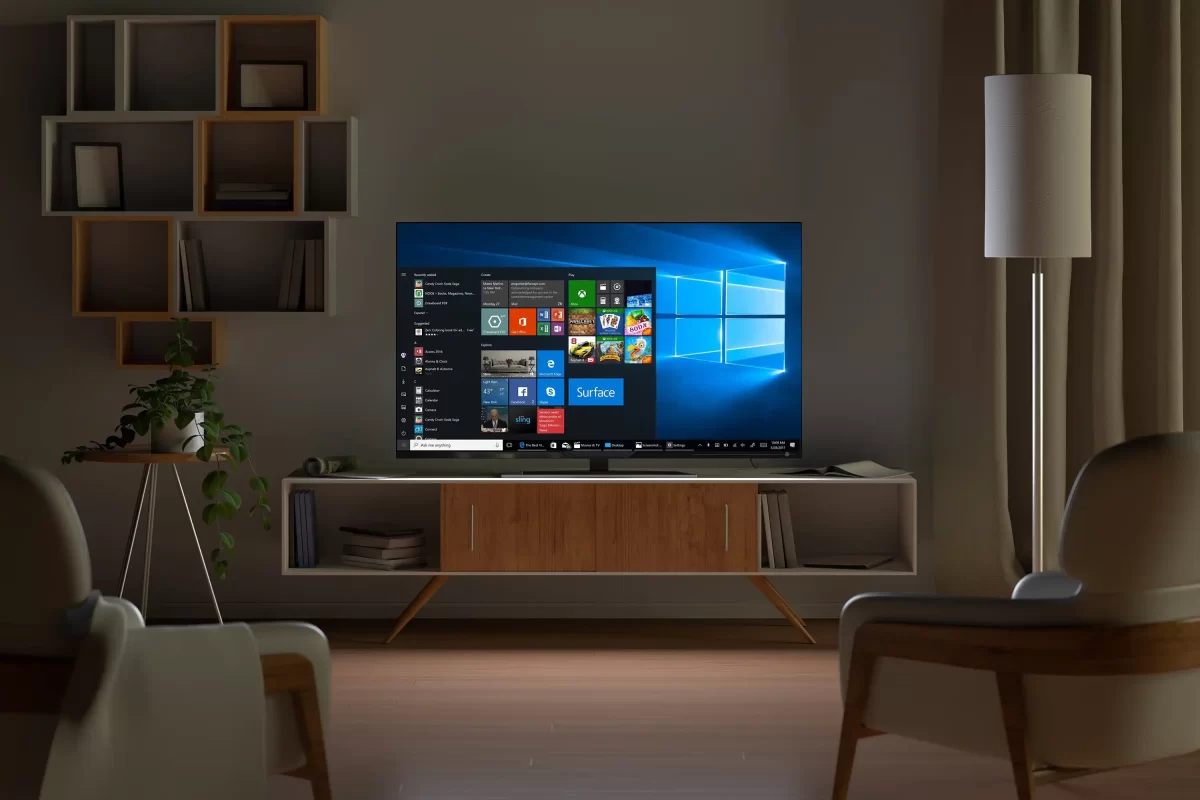
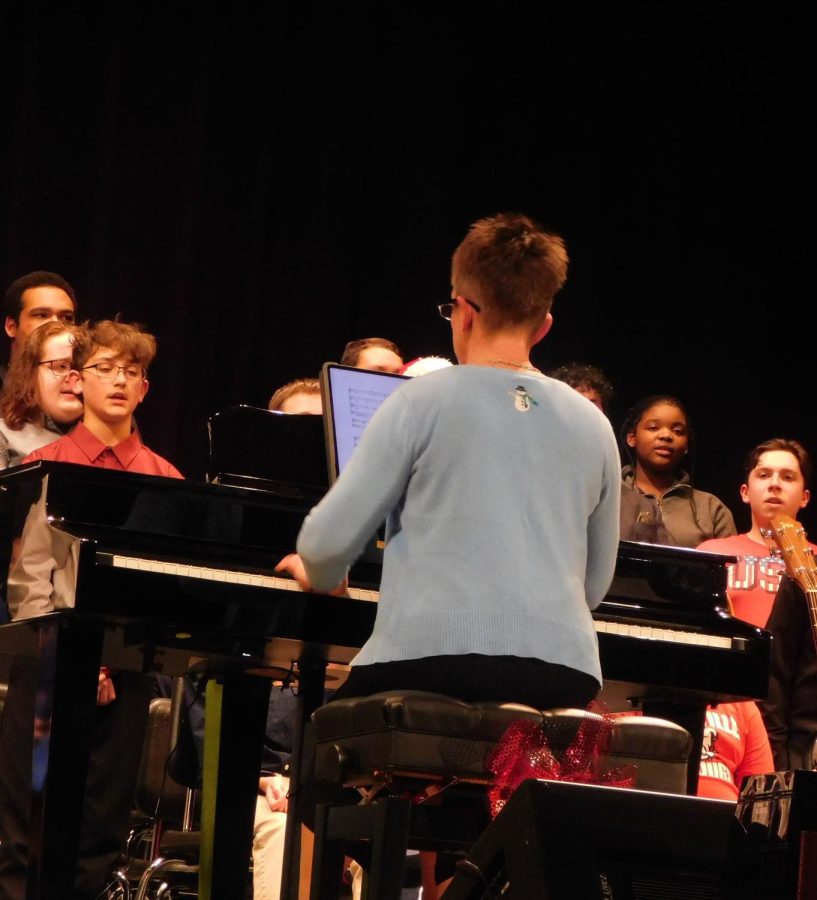






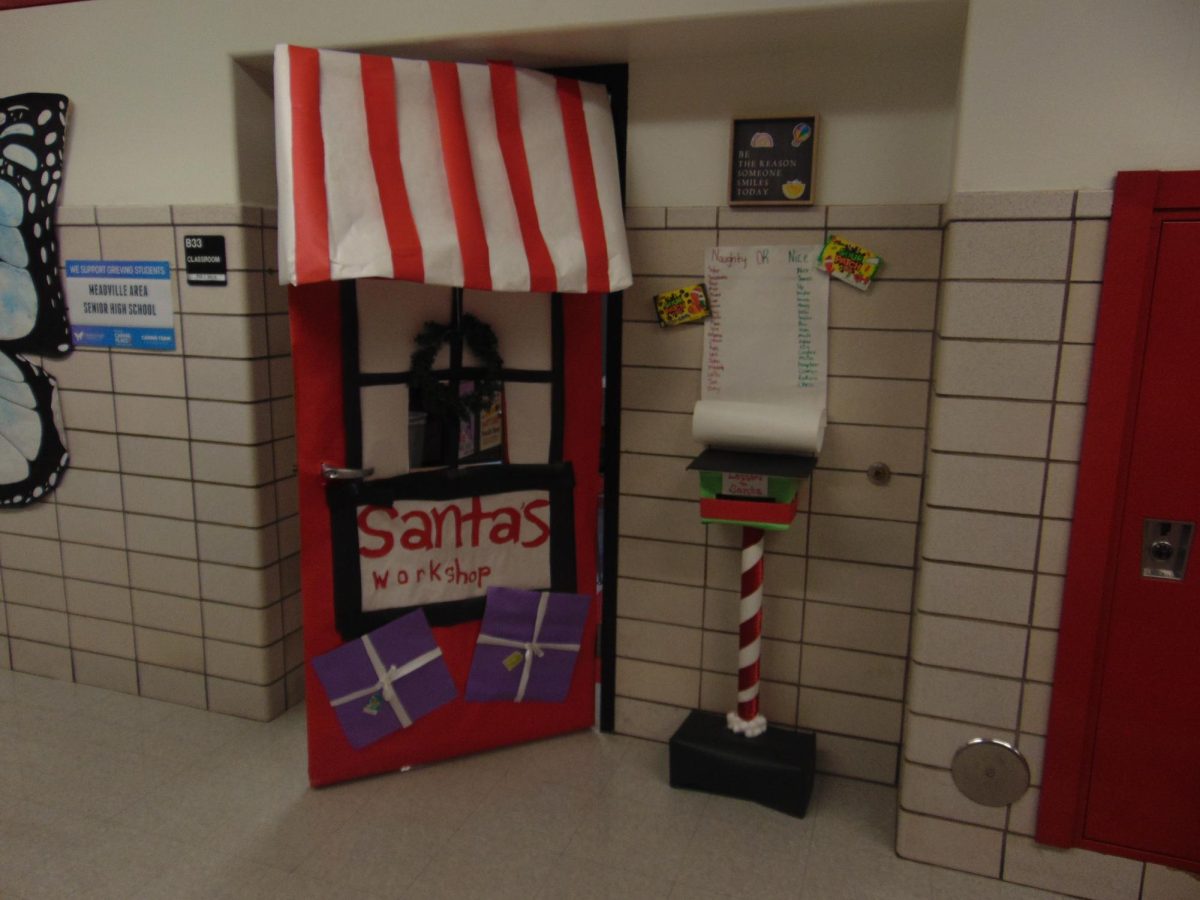

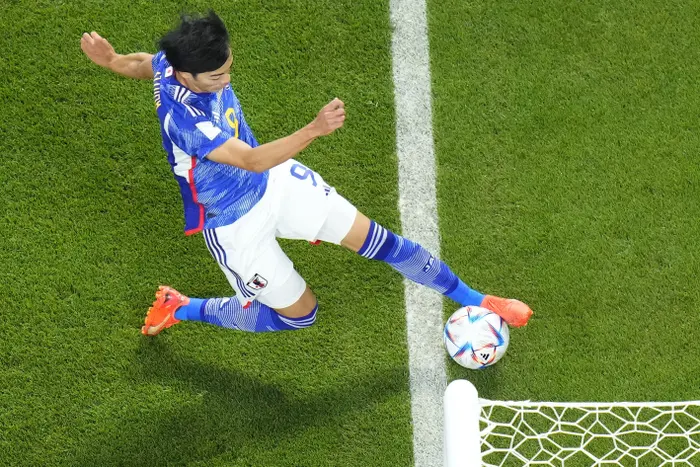

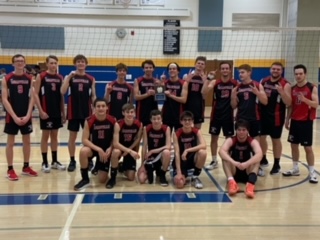
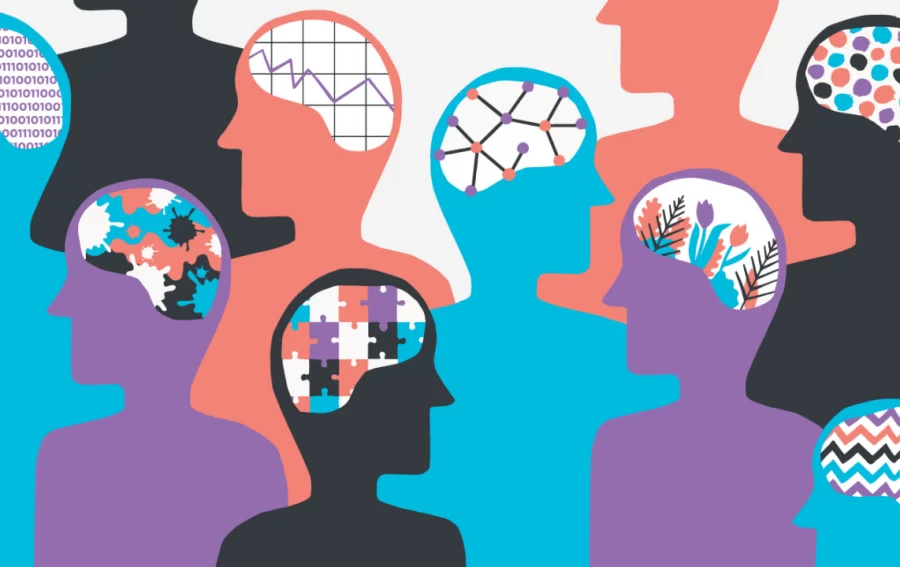






danika • Sep 1, 2023 at 12:49 pm
I think this is a very good topic to write on because it is very difficult to deal with things such as adhd etc publicly or when your judged for it. It can make ones like ten times harder and in society today i believe we need to be more patient and respecting with people that deal with these.